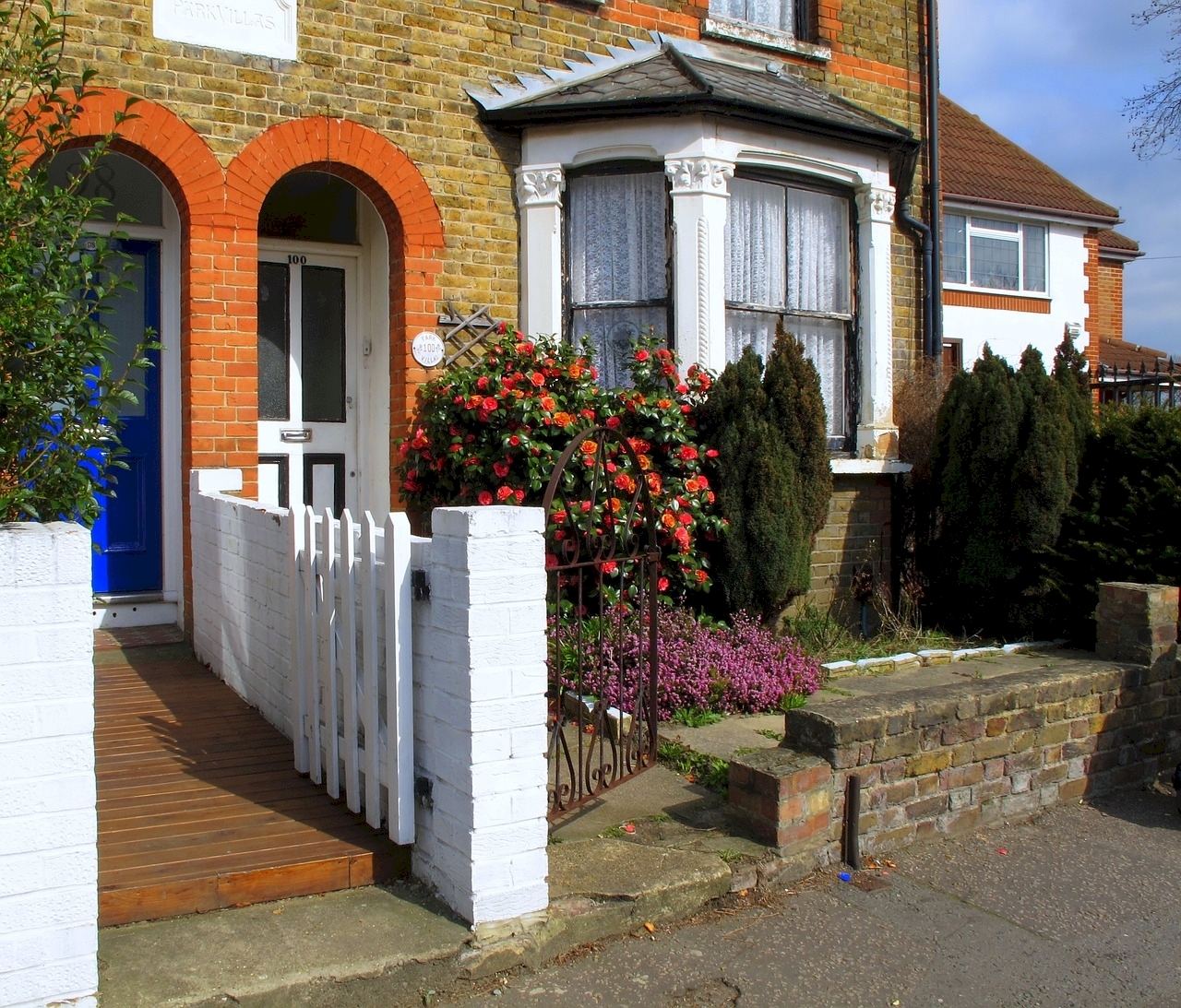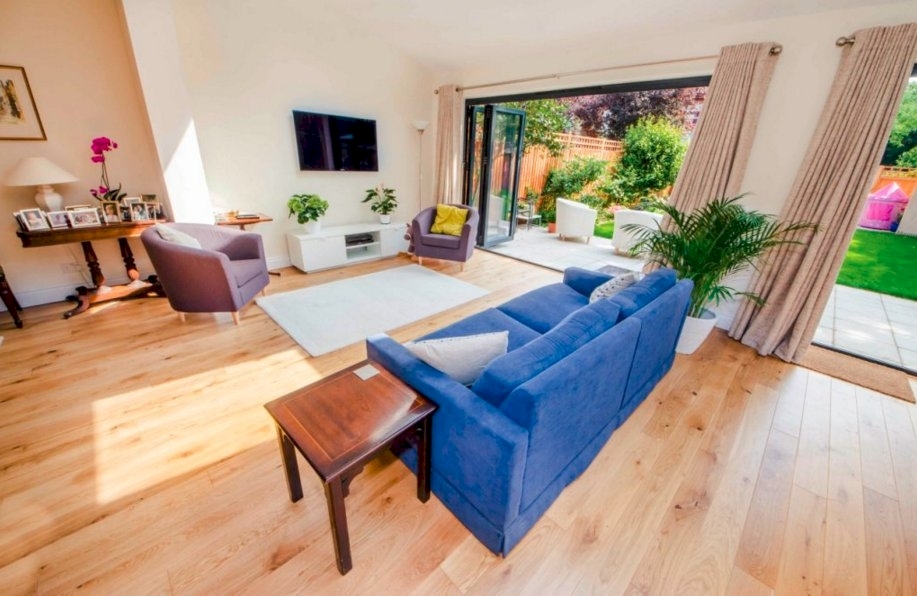House extensions have become increasingly popular in London, as many homeowners struggle with the lack of space in their properties. Moving to a new home can be frustrating and not always affordable. Therefore, extending your current home is a great way to maximise the space and increase the value of your property. However, with so many options available, it can be difficult to know which type of extension is best for your property. In this guide, we will explore the most popular types of house extensions in London, so you can make an informed decision on which one best suits your needs.
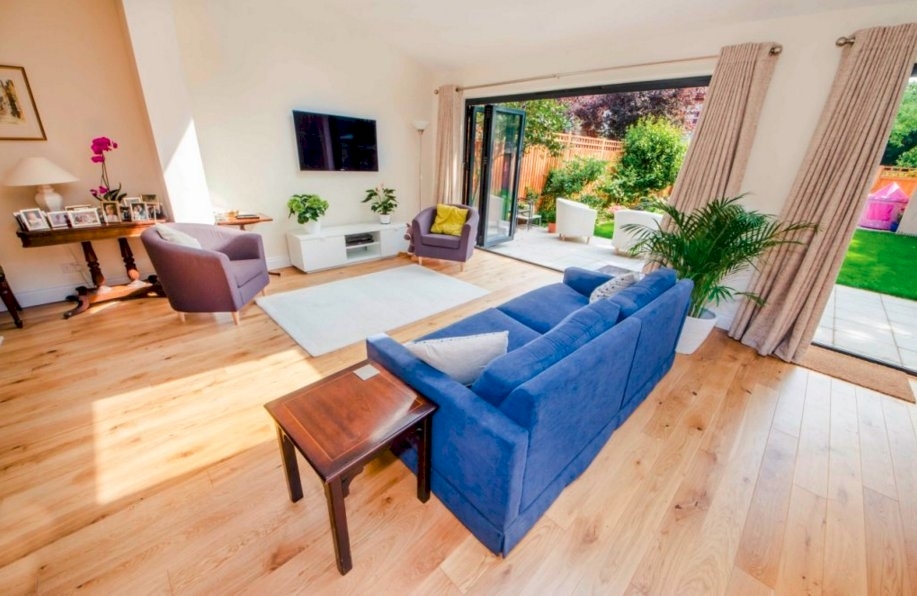
Popular Types of House Extensions:
- Single-storey side or rear extensions
- Double or multiple-storey extensions
- Garage conversions and extensions
- Loft conversions
- Basement conversions
- Outbuilding, orangeries, and conservatories
Single-storey side or rear extension:
Single-storey side or rear extensions are a popular option among London homeowners as they open up the house and connect it with the garden. These types of extensions typically take up only one storey and are located at the rear or on the side of the property. Bi-fold doors are often used in this type of extension, which literally brings the outdoors in. The design can vary from flat roofs to pitched tiled roofs, and it's important to consider access to heights for maintenance and the overall design of the house when deciding which roof option to choose.
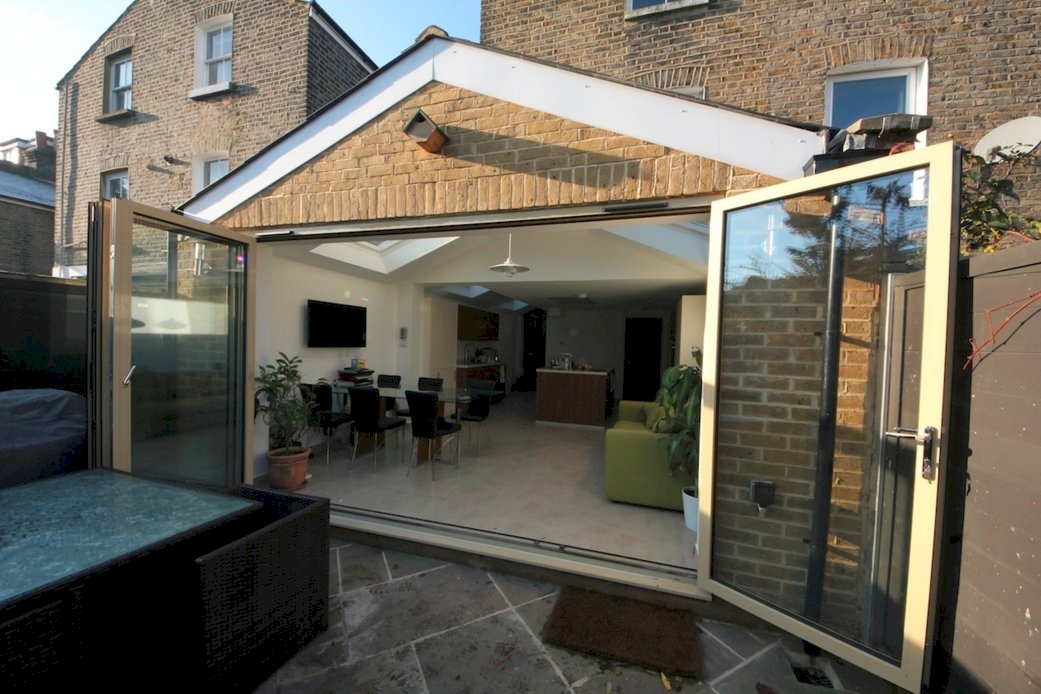
Double or multi-storey house extensions:
Double or multi-storey extensions are another popular option, as they open up the potential of rooms not only on the ground floor but also on the other floors. Depending on the size, you can either enlarge existing rooms or create new rooms altogether. However, these types of extensions often come with many issues regarding planning approvals. It is important to consider how the extension will affect neighboring properties in terms of loss of sunlight and how it will fit into the character of the neighborhood in terms of materials used roof form, and windows and doors.
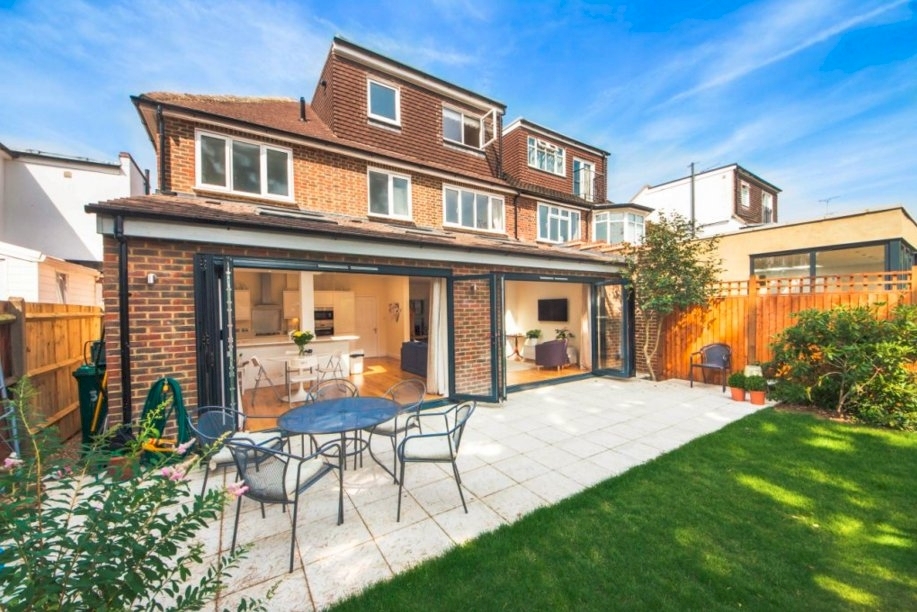
Garage conversions and extensions:
Garages are often underutilized, and converting them into living spaces can increase the value of the house. Garage conversions and extensions are a great option as they avoid losing garden space that would be lost in a rear extension. The main question to consider is whether the garage is attached or detached from the house. Both can be turned into living spaces, but detached garages may need planning permission. These spaces are often used as home offices, kitchen extensions, and home gyms or kid's playrooms.
Loft conversions:
Loft conversions are a popular option for homeowners looking to add extra living space to their property without taking up valuable garden space. A loft conversion can be used to create an extra bedroom, home office, or even a master suite. The process typically involves adding a staircase to the loft, insulating the space, and adding skylights or Velux windows to bring in natural light. Loft conversions can be a cost-effective way to add value to your property and are often considered a more affordable option than a traditional house extension.
Basement conversions:
Basement conversions are another popular option for homeowners looking to add extra living space. Basements can be converted into anything from a playroom for children to a home cinema, or even a self-contained apartment. These conversions often require a significant amount of excavation and waterproofing, so it's important to work with a reputable builder who has experience with this type of work.
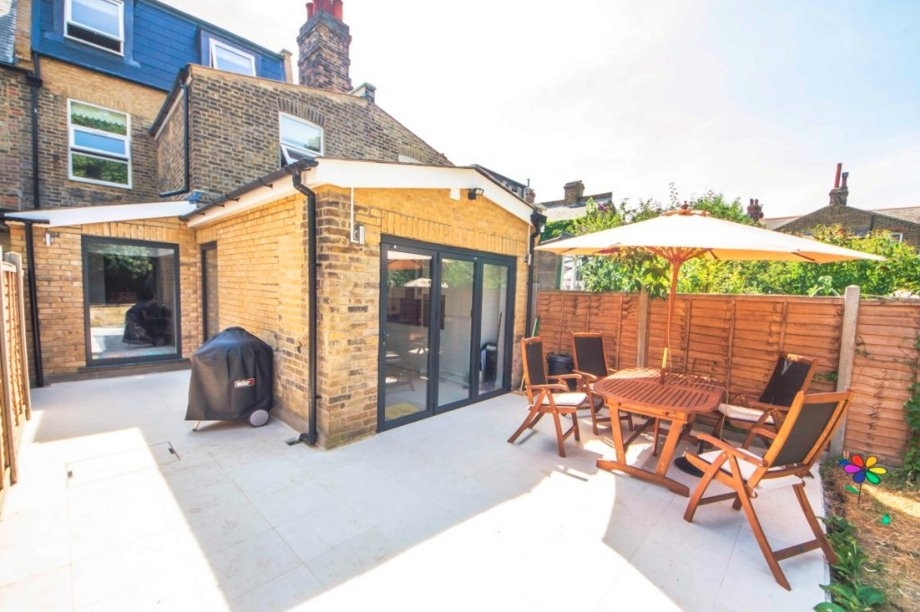
Outbuildings, orangeries and conservatories:
Outbuildings, orangeries, and conservatories are less common than the previous options, but they can provide a great way to add extra space to your home. These types of extensions can be used to create a separate living area, such as a home office or gym, or they can be used to create a garden room or sunroom. The key to a successful outbuilding, orangery, or conservatory is to ensure that it blends seamlessly with the existing property and doesn't look out of place. These types of extensions can be a great way to add value to your property, but they can also be more expensive than other options.
Overall, house extension options are varied and there are many ways to suit the specific needs and preferences of different homeowners. The key is to choose the best option that fit the specific property and to work with a reputable builder who can guide you through the process and ensure that the extension meets all building regulations and standards.

